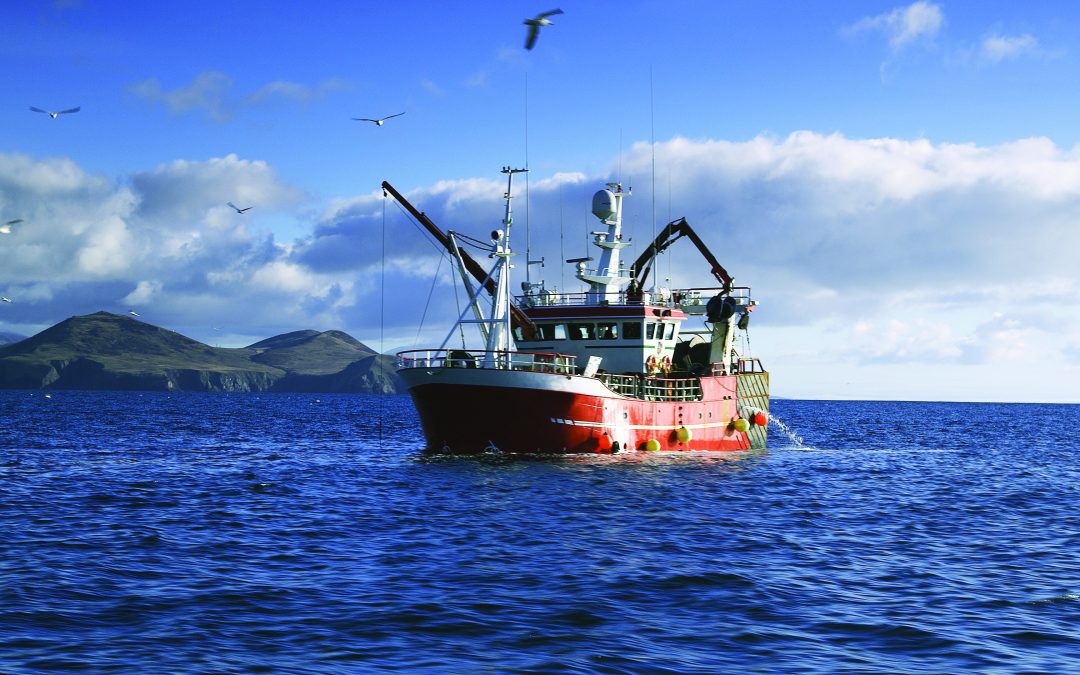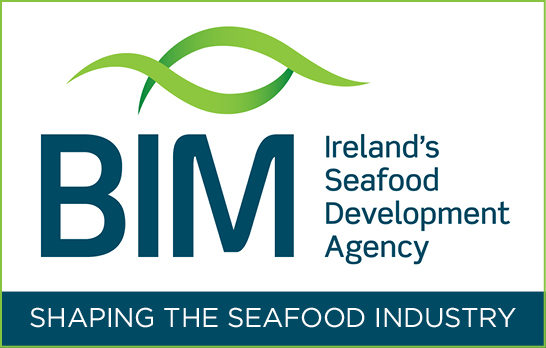Early in July, the North Western Waters Advisory Council (NWWAC) hosted a virtual workshop on monitoring, control and enforcement of the Landing Obligation in collaboration with the European Fisheries Control Agency (EFCA) and the North Western Waters Member States’ Control Expert Group (CEG).
Members of the Advisory Council were joined by representatives from the European Commission, ICES, the Marine Institute, and the Sea Fisheries Protection Authority Ireland (SFPA) to discuss achievements and challenges of the monitoring, control and enforcement of the Landing Obligation for the demersal fisheries in North Western Waters.
According to the European Commission, control is essential for the successful implementation of the Landing Obligation. And with conventional control only capable of providing a snapshot of the situation, Remote Electronic Monitoring (REM) is seen as the most effective ‘control solution.’
Not just CCTV, as perhaps first comes to mind in terms of REM, in Ireland the SFPA is investigating monitoring alternatives, for example, sensors, after they received no response to their efforts at running CCTV trials with the Irish fishing fleet.
Acknowledging there needs to be full and transparent monitoring of the Landing Obligation, the key issue, however, according to NWWAC members is the identification of high-risk and very high-risk vessels.
Monitoring and control tools, which range from observers to CCTV, to VMS, also need to be evaluated in terms of their appropriateness and cost-effectiveness, they say, and there should not be a one-size-fits-all approach.
At the meeting, it was confirmed both the EFCA and CEG will actively participate at the next meeting of the NWWAC Focus Group Control & Compliance, from which the NWWAC advice on monitoring, control and enforcement of the Landing Obligation and the follow up of its advice on the revision of the Control Regulation will originate.


Recent Comments